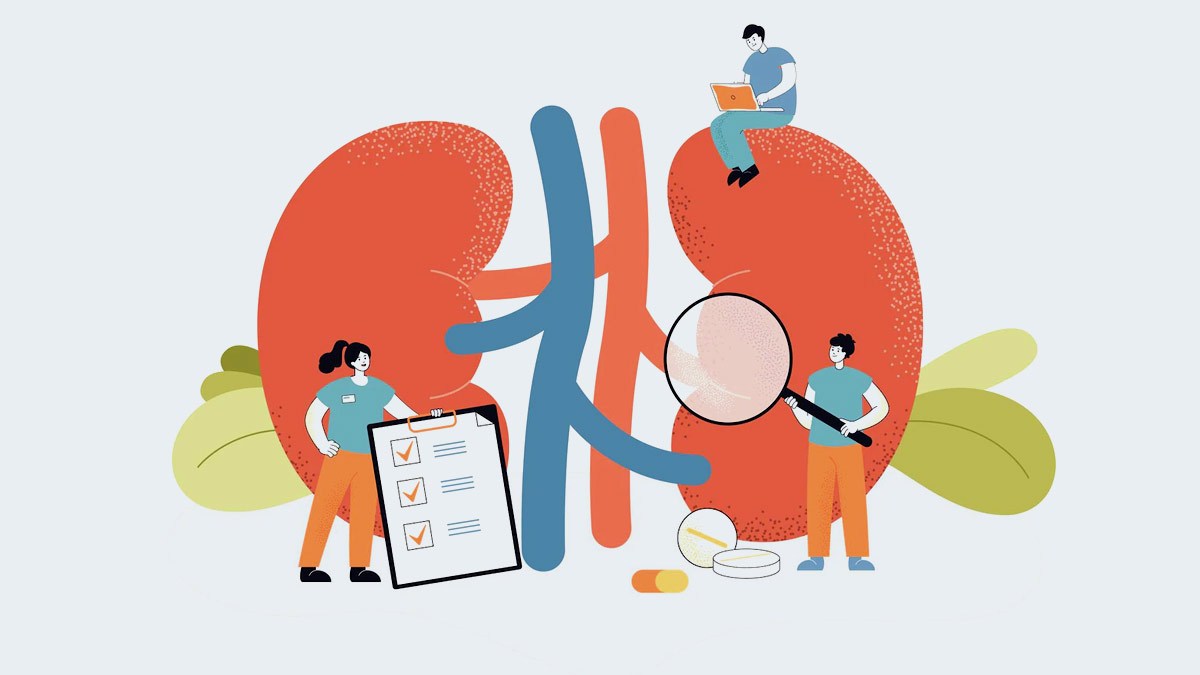
The Most Effective Natural Treatments for Chronic Illnesses
Chronic illnesses can significantly impact daily life, making even simple tasks challenging. While conventional treatments are vital, exploring natural alternatives can provide additional relief and improve overall well-being. This article delves into effective natural treatments for managing chronic illnesses, offering a holistic approach to better health. By integrating these natural methods, individuals can often reduce their dependency on pharmaceuticals. Additionally, natural treatments often come with fewer side effects, enhancing overall health and vitality. Understanding and embracing these options can lead to a more balanced and fulfilling life.
Table of Contents
Diet and Nutrition
A balanced diet is fundamental for managing chronic illnesses. The right foods can not only reduce symptoms but also enhance overall vitality. For those dealing with chronic inflammation, anti-inflammatory foods like berries, leafy greens, nuts, and fatty fish are essential. These foods are rich in antioxidants and omega-3 fatty acids, which help fight inflammation at the cellular level.
Whole grains, such as quinoa, brown rice, and oats, provide sustained energy and are high in fiber, which is beneficial for digestive health. Lean proteins like chicken, tofu, and legumes are essential for muscle maintenance and repair, especially important for those who may experience muscle wasting due to chronic illness.
Incorporating foods with high polyphenol content, such as dark chocolate, green tea, and red grapes, can also contribute to reducing inflammation. Polyphenols are micronutrients packed with antioxidants and potential health benefits. Fermented foods like yogurt, kimchi, and sauerkraut support gut health, which is increasingly recognized as crucial for overall immune function.
Another powerful addition to the diet is spices and herbs. Turmeric, with its active compound curcumin, is widely known for its anti-inflammatory properties. Adding black pepper can enhance curcumin absorption, maximizing its benefits. Ginger, garlic, and cinnamon also have anti-inflammatory and immune-boosting properties.
Making small but consistent dietary changes can lead to significant improvements in symptom management and overall health. Consulting a nutritionist can provide personalized dietary recommendations tailored to specific chronic conditions, ensuring an optimal diet plan. They can help identify any food sensitivities or deficiencies and suggest practical ways to incorporate beneficial foods into everyday meals.
Exercise and Physical Activity
Regular exercise is another cornerstone of managing chronic illnesses. Physical activity helps maintain a healthy weight, strengthens the cardiovascular system, and improves mental health. Different conditions benefit from specific types of exercises. For example, low-impact activities like swimming and yoga are excellent for individuals with joint pain or arthritis. Strength training helps maintain muscle mass and bone density, which is crucial for those with osteoporosis. Incorporating physical activity into daily routines doesn’t have to be daunting. Start with small steps, such as taking short walks or engaging in light stretching exercises. Gradually increase the intensity and duration as your fitness improves. Regular exercise not only helps manage symptoms but also enhances overall quality of life. Finding an exercise buddy can make the routine more enjoyable and sustainable.
Mind-Body Techniques
Mind-body techniques like yoga, meditation, and mindfulness offer significant benefits for managing chronic illnesses. These practices help reduce stress, improve mental clarity, and promote a sense of well-being. Yoga combines physical postures, breathing exercises, and meditation. It can improve flexibility, reduce pain, and enhance mental health. Meditation and mindfulness practices help calm the mind, reducing anxiety and stress levels often associated with chronic illnesses. For beginners, resources like online classes or local community centers provide a good starting point. Consistent practice of mind-body techniques can lead to long-term improvements in both physical and mental health. Integrating these practices into daily routines can foster a more peaceful and balanced lifestyle.
Herbal and Supplement Therapies
Herbal remedies and supplements can complement conventional treatments for chronic illnesses. Certain herbs and supplements have been shown to support health and alleviate symptoms. For instance, turmeric’s anti-inflammatory properties make it beneficial for conditions like arthritis. Omega-3 fatty acids, found in fish oil supplements, help reduce inflammation and support cardiovascular health. Additionally, ginger can aid digestion and reduce nausea. It’s important to consult healthcare professionals before starting any new supplement, as some may interact with existing medications. Incorporating these natural therapies can provide an added layer of support in managing chronic illnesses. Keeping a journal of supplement intake and symptom changes can help track their effectiveness.
The Role of Medical Marijuana
Medical marijuana has gained recognition for its therapeutic benefits in managing chronic illnesses. It can help alleviate pain, reduce inflammation, and improve overall quality of life. Medical marijuana is particularly beneficial for conditions like multiple sclerosis, fibromyalgia, and chronic pain syndromes. It offers an alternative to traditional pain medications, which often have significant side effects. For those interested in exploring this option, applying for a medical marijuana card online is crucial. This ensures legal and safe access to treatment. Patients with chronic illnesses have reported significant improvements in pain management and overall well-being after incorporating medical marijuana into their treatment plans. Research continues to uncover more about its benefits, making it a promising area of treatment.
Acupuncture and Traditional Chinese Medicine
Acupuncture, a key component of Traditional Chinese Medicine (TCM), offers numerous benefits for chronic illness sufferers. It involves inserting thin needles into specific points on the body to stimulate healing and relieve pain. Acupuncture can help manage conditions like chronic pain, migraines, and digestive disorders. TCM also includes herbal medicine, dietary therapy, and exercises like Tai Chi, which complement Western medical approaches. Patients often report improved symptoms and a better quality of life after integrating acupuncture and TCM into their treatment plans. These ancient practices provide a holistic approach to managing chronic illnesses. Combining TCM with modern medicine can offer a comprehensive treatment strategy.
Lifestyle and Environmental Changes
Lifestyle and environmental changes can significantly impact chronic illness management. Creating a healthier living environment and adopting positive lifestyle habits contribute to overall well-being. Reducing exposure to toxins, improving air quality, and ensuring a clean living space are essential steps. Additionally, managing stress through techniques like deep breathing, meditation, and maintaining a supportive social network is crucial. Simple changes, such as reducing clutter and incorporating indoor plants, can improve air quality and reduce stress. Engaging in hobbies and activities that bring joy and relaxation also enhances mental health. These adjustments contribute to a healthier and more balanced life. Making these changes gradually can ensure they become sustainable long-term habits.
Conclusion
Managing chronic illnesses requires a comprehensive approach that includes natural treatments alongside conventional therapies. From diet and exercise to mind-body techniques and medical marijuana, these natural options offer valuable support in improving quality of life. Consulting with healthcare professionals before starting any new treatment is essential. Embrace a holistic approach to managing chronic illnesses and experience the benefits of a well-rounded health regimen. Your journey to better health can start with simple, natural changes. Each small step can lead to significant improvements in your daily life. Remember, you are not alone in this journey; support is available from various sources.








